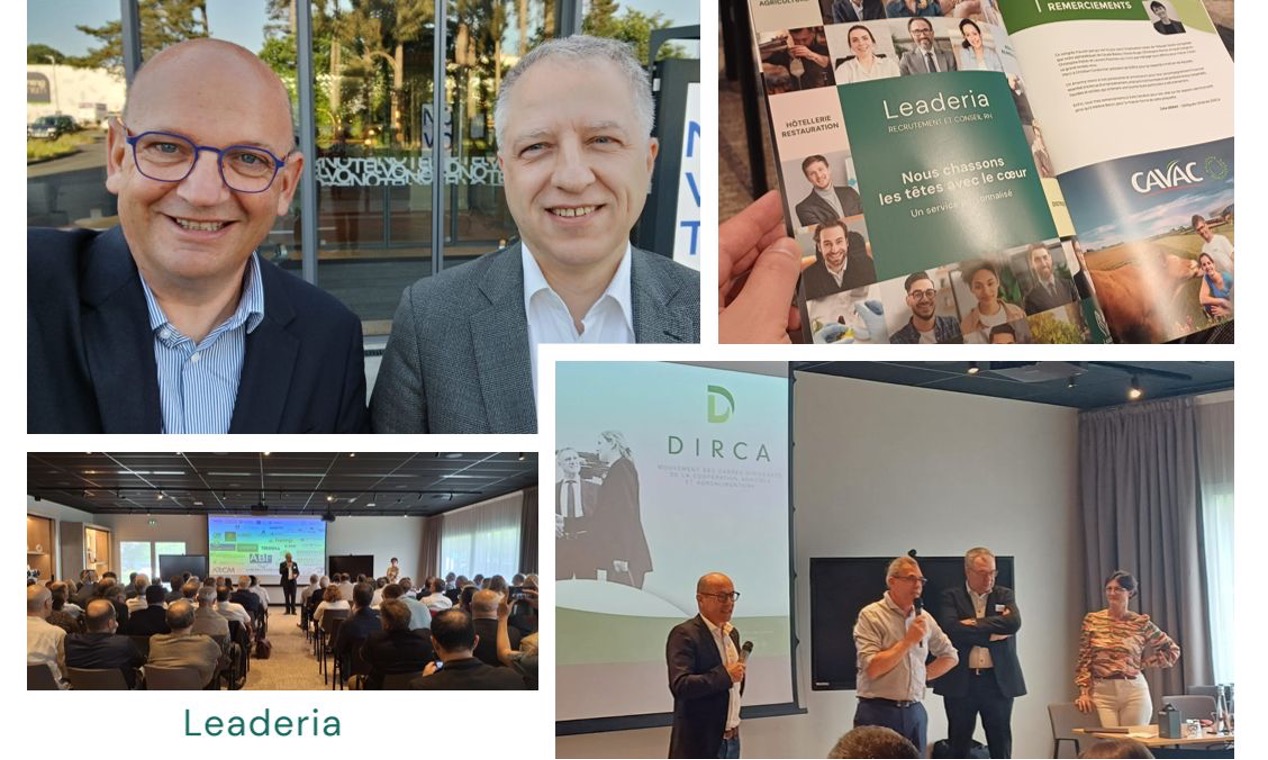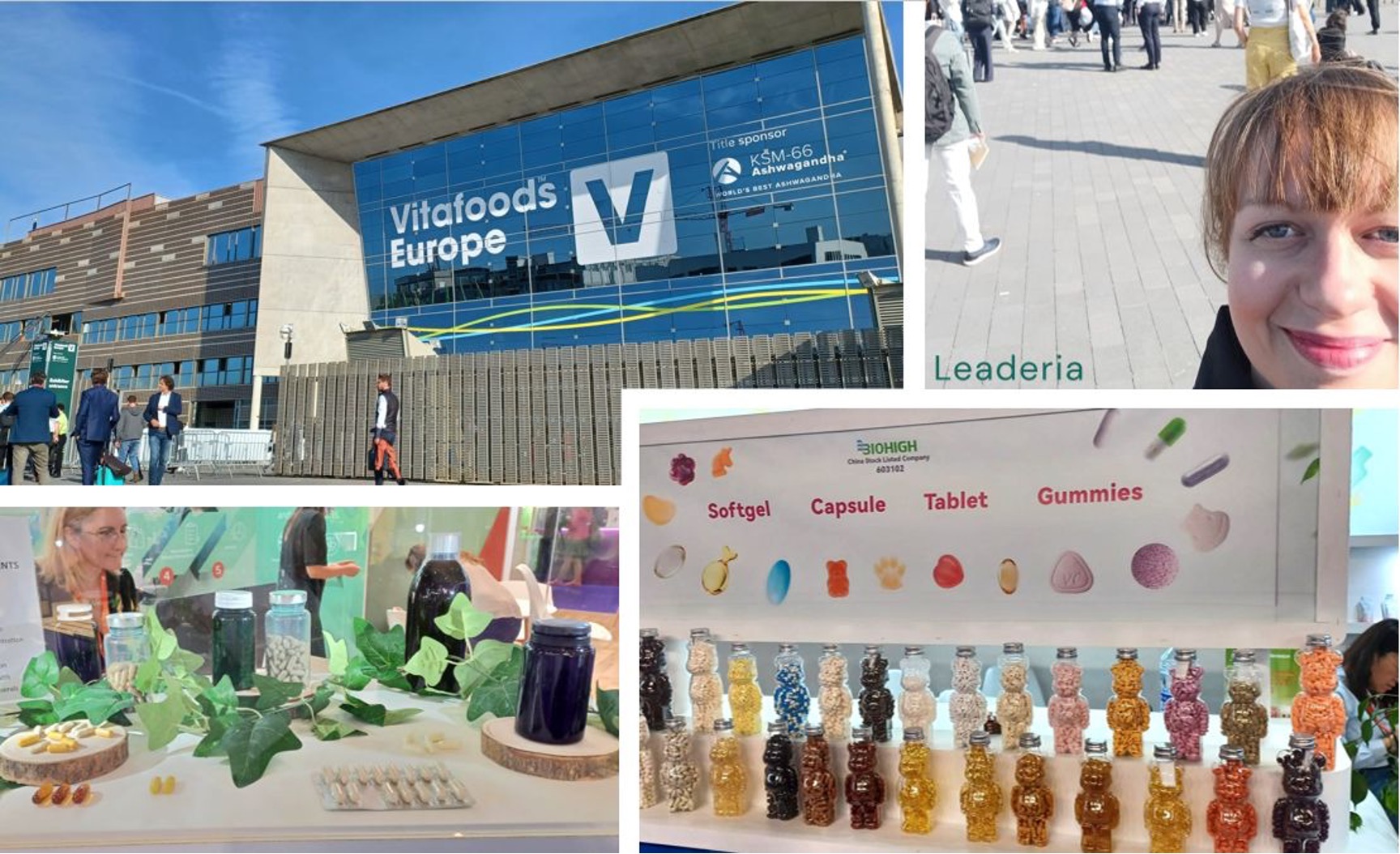
Integration, this new start in a new company, is often a bit tricky because you have to find your bearings, get acclimatized to a new culture and new habits. For manager profiles in particular, integration can also go through an operational period. We can even consider training with operational teams.
But why ?
The integration phase allows you to familiarize yourself with the company, its operation and the different people with whom you will work. For managerial and executive positions, it is important to have operational knowledge and proximity to the field. Much of the failure of managerial “transplants” has to do with a lack of understanding of the terrain, both culturally and technically.
Also a step of observation, even training, allows you to:
- Understand the operations and therefore what makes the value and the specificity of the company
- Engage with people who will be directed and impacted by your decisions
- Assimilate the language of experts and therefore to better communicate with them in the future
- Have legitimacy to lead and implement change
- Understand the culture of the company, thanks to the people who bring it to life on a daily basis
This makes taking up a position more efficient and sustainable. You know the business in a much deeper way, including all the inner workings and the specifics of each operational department/department. This integration phase is all the more important in sectors with a strong technical component such as the agricultural sector, the food industry and the hotel and catering industry.
Examples
For example, it is common in the restaurant industry for a director from outside to benefit from an integration program through all the positions in the restaurant. He is then positioned in a “school restaurant” with a referent director to be trained in the profession of director. It was only after several months of integration that he was assigned to the restaurant for which he was responsible.
In the dairy branch of a large agri-food group, a candidate, recently integrated for the position of New Works Manager, supported the operational teams on all projects before taking on a more managerial dimension. The objective for him was to immerse himself in the projects, to understand and adapt to the team and then to adjust his management.
An integration “by the field” is an opportunity for you to understand the functioning but also the corporate culture by being in contact with the people who bring it to life.
These articles might interest you

We visited… The DIRCA congress in Angers
Leading Through Uncertainty: Key Takeaways from the DIRCA Annual Congress As agricultural and agri-food cooperatives face a series of profound changes — environmental transitions, regulatory pressures, and technological upheaval — the question of leadership has never been more central. The 2025 DIRCA Congress, the annual gathering of senior executives from the agricultural and agri-food cooperative […]

Interim management: when experience meets AI
From the ground to the table, AI will have taken just a few months to establish itself at every level of the value chain and reshuffle the cards. AI is optimising logistics, reducing waste and streamlining customer paths. The key role of interim management But while […]

We visited… The Vitafoods trade fair in Barcelona
Vitafoods Europe 2025: nutraceuticals confirm their take-off Just back from Barcelona, Anaïs Deleau shares her impressions of the 2025 edition of Vitafoods Europe, which again this year brought together the major players in the global nutraceutical industry in an atmosphere resolutely focused on innovation. The market has confirmed its momentum, with global […]